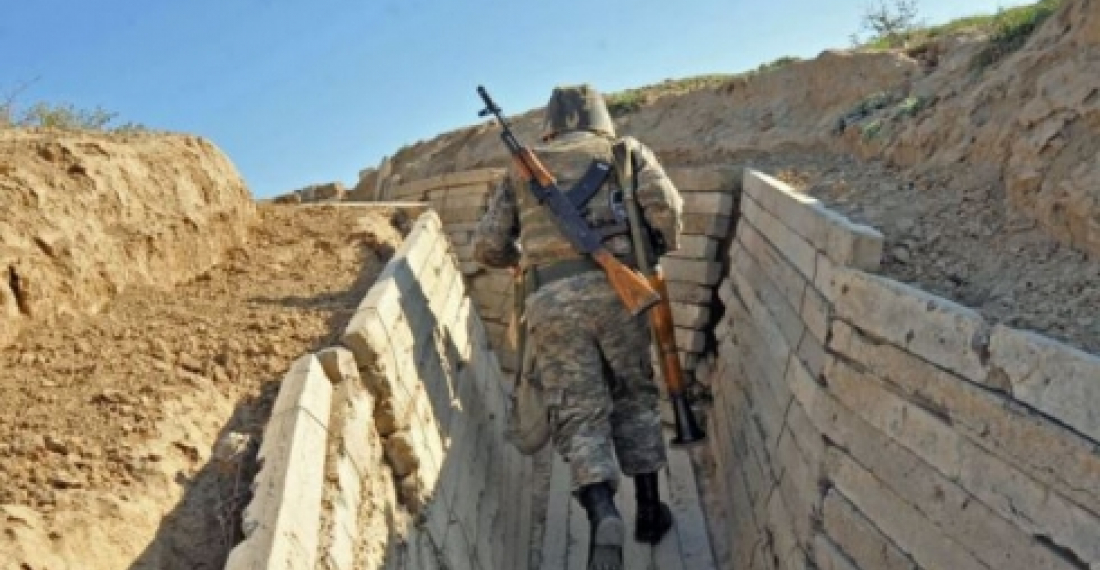Armenia and Azerbaijan have accused each other of breaking the cease fire on the line of contact separating their forces around the Nagorno-Karabakh conflict zone over the last twenty-four hours. This despite the fact that both sides had earlier this month agreed to respect an 'Olympic truce' for the duration of the Olympic Games that are being held in Sochi, on the edge of the Caucasus Region.
The press service of the Armenian Defense Ministry yesterday claimed that the Azerbaijani side was violating the ceasefire, particularly in the area around Nagorno-Karabakh itself. The statement said that 10% of the shooting was with large-caliber machine guns and by snipers. It added that Armenian soldiers didn't respond to the firing and didn't shoot back.
"The Armenian Armed Forces firmly control the situation across the whole border line, keep track of the ceasefire preservation and will start adequate actions only in case of rival's intentional violations. As for the information periodically voiced by the Azerbaijani propaganda machine according to which the Armenian side allegedly violates the ceasefire regime in various sectors of the borderline, these are only mean attempts to confuse the international community and their own people through disinformation", the Defense Ministry noted.
On its part the Azerbaijani Defence Ministry said that the Armenian armed forces violated the ceasefire 32 times during the last twenty four hours.
"Yesterday and last night, they fired from positions near occupied villages Garakhanbayli, Ashagi Abdulrahmanli, Ashagi Vaysalli, Gorgan of Fuzuli region, Marzili, Yusifjanli of Agdam region, Mehdili of Jabrayil region, Kuropatkino and unnamed hills around Khojavend", according to the Azerbaijani Defence Ministry.
Their is no independent monitoring of the cease fire so it is difficult or even impossible to verify the facts. So far no causalties have been reported during the week since the opening of the Sochi Olympics, although an Azerbaijani soldier was reported killed by Armenian sniper fire hours before the games began.
source: commonspace.eu with agencies.







